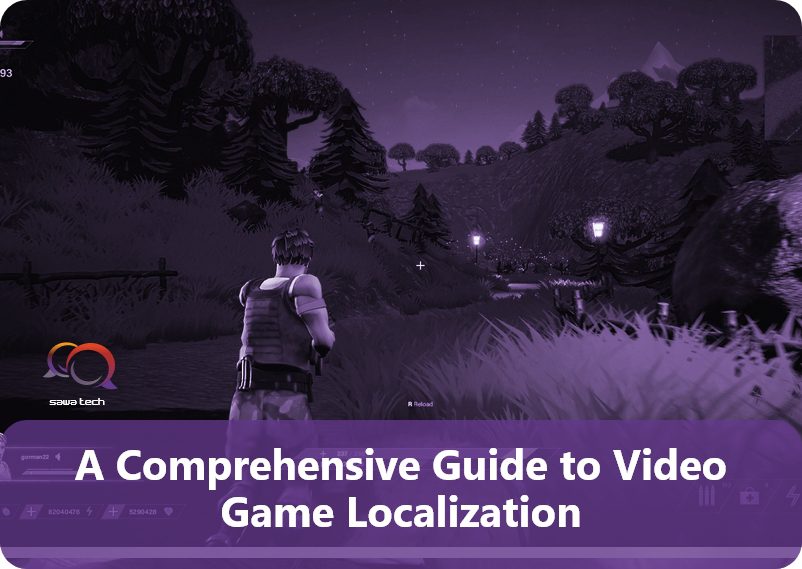The global gaming industry revenue was estimated at nearly $347 billion in 2022. This revenue comes as no surprise since there are over 3.09 billion gamers worldwide, accounting for about 40% of the population.
As the gaming industry continues to expand its reach overseas, spanning diverse cultures and continents, the demand for game localization has become more critical than ever before.
Industry giants have been investing significant resources in translation and localization to ensure that their games are enjoyed by gamers across the world.
Yet, you might still remain hesitant or uncertain about following in their footsteps. That’s exactly what this guide is here for.
This blog provides you with a comprehensive guide to equip you with the knowledge and confidence to embrace game localization and understand the immense value it brings to your business and gamers worldwide.
What is Game Localization?
Game localization is the process of adapting a game to suit the language, culture, and preferences of a specific target audience.
Localization goes beyond mere translation of the in-game’s text. The meticulous process involves adapting the gaming experience to fit the cultural nuances, preferences, and sensitivities of the target audience.
This involves language-localization of UI and visual elements, audio-visual content, non-playable characters (NPCs) prompts, as well as marketing materials, manuals, and packaging.
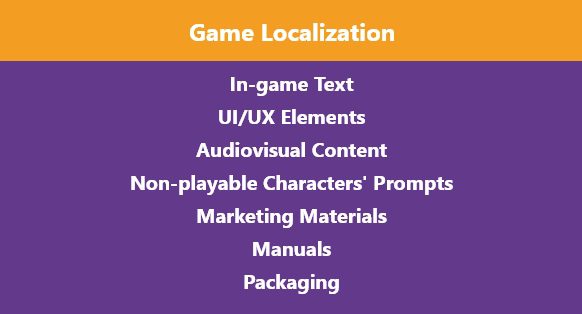
However, while the purpose of localization is to provide a familiar and relevant gaming experience, it essentially maintains the essence of the game. This means that your game’s story, characters, and gameplay are preserved – and not lost in translation.
Game localization is heavily reliant on language translation and conveying your game’s dialogues, interactions, and instructions into another language. It also takes into account cultural sensitivity in adapting the game’s audio-visual content to appeal to target gamers.
However, it also requires major technical efforts to transform the game’s design and functionality to suit the new linguistic and cultural conventions of your target region.
This includes internationalization, which is one of the game localization best practices, to allow the game software to accommodate the new language as well as localizing UI layout and UX, formatting conventions, payment methods and currencies, and more.
This technicality demands the implementation of advanced translation and localization tools to ensure efficiency.
Take, for example, Pokémon GO. First designed in Japan, the game’s idea is to catch Pokémon in real locations with your phone, so all places were iconic regions in Japan. However, when the game was localized to European languages, the locations were also localized to various unique locations in Europe to fit the new market’s audience.
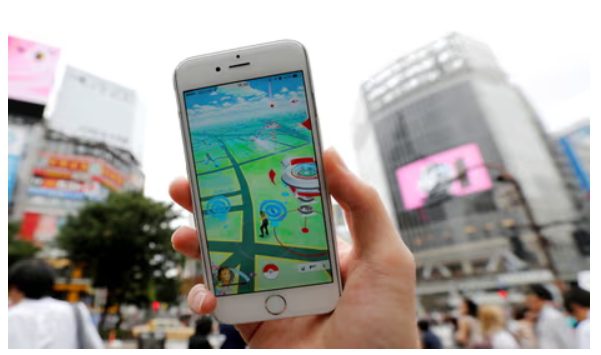
Another example is Pac-Man. Its original name was “Puck-Man”, but when the game was localized to English and North American audiences, the name was changed to avoid linguistic ambiguity.
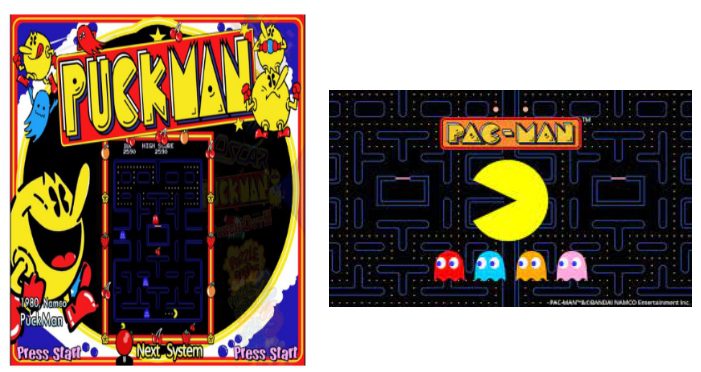
In short, game localization is about tailoring the entire game experience to the new audience as if it was originally created for them.
The Impact of Game Localization
Ubisoft, Sony, and other renowned game developers and studios in the gaming industry have recognized the value of localization and have chosen to provide a multilingual game experience to numerous audiences worldwide.
And they have achieved global recognition and success. And the industry’s billion-dollar revenue wasn’t a mere coincidence.
If that’s not enough reason for you to start your own game localization project, here are all the reasons why you should localize your games.
5 Reasons Why Game Localization Matters
1. Increase Reach
Although we live in a globalized world, language barriers are still a major issue in different industries, which negatively impacts your global reach.
Game localization overcomes the limiting language barriers and increases your reach by making the game accessible to players in different regions and countries.
In addition, localizing games increases potential gamers because it is adapted to their cultural preferences.
For example, if a game is popular in Japan but has not been localized for Western audiences, you will lose a wide range of gamers because they can’t speak Japanese.
2. Increase Revenue
We’ve established that localizing your games increases your reach, and an increase in reach equals an increase in revenue.
For example, localizing video games into Arabic has opened up a vast audience of Arabic-speaking gamers, leading to a surge in demand for localized games in the Arab world.
In turn, the revenue of the industry in the Middle East and North Africa remarkably increased in 2021 to the extent that it’s projected to reach $6 billion by 2027.

3. Increase Mobile Games Downloads
According to Statista, mobile games generate $248 billion of total game revenue. That’s a significant percentage, and game companies are constantly trying to boost that number.
It is speculated that by 2027 the revenue of mobile games will become $376.73 billion.
Moreover, according to a study by CSA, the majority of Google Play and App Store downloads are from non-native English-speaking countries. Consumers are more likely to buy apps in their own language.
So you want to boost your global mobile games downloads? Game localization will do that for you!
4. Avoid Losing Customers
Cultures vary greatly and what may be perfectly acceptable in your culture could be seen as offensive in other cultures.
Game localization helps you avoid offending your audiences or risking your game’s ban in certain countries by tailoring your games to fit their culture.
And the last thing you want is for games to get banned in some countries, right?
For instance, Resident Evil 4 was heavily edited during its localization for Japanese gamers. While the American and European versions remained uncensored, the Japanese version removed any excessive violence and brutal death instances.

Another famous example of games that were tailored to the cultural preferences of the new markets is The Witcher 3: Wild Hunt. During the localization process, violence and gore were reduced and nudity was cut from the game during its release in Japan and the Middle East.
Games aren’t usually banned in Japan. China, Saudi Arabia, and the UAE, on the other hand, had a large number of games banned in their territories. In China, PUBG: Battlegrounds was banned. In Saudi Arabia and the UAE, The Last of Us Part II was banned.
It’s worth mentioning that China is the second-largest gaming market worldwide by revenue.
Imagine what you would be missing out on if your game isn’t localized for Chinese gamers.
Leading Gaming Markets Worldwide in 2022, by Gaming Revenue.
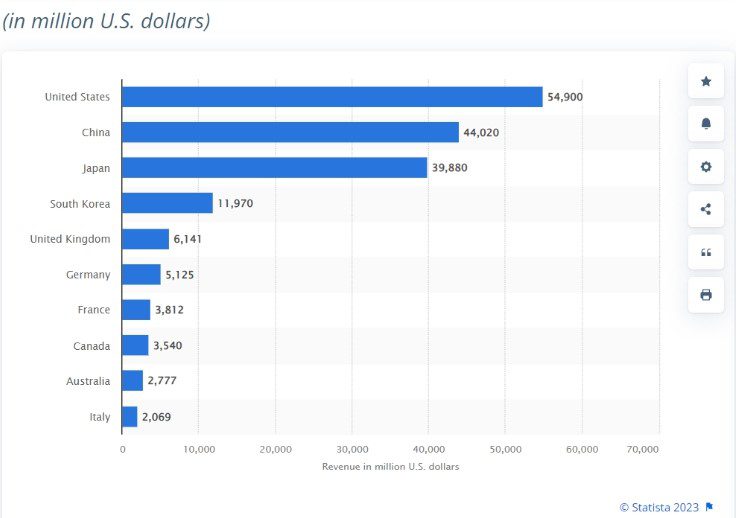
5. Improve User Experience
All aspects of game localization ultimately serve one main goal: to provide a better user experience, relevant, immersive, and delightful for your gamers, no matter where they are or what language they speak.
But the question is how? Here are 3 key aspects that help you offer the ultimate gaming experience.
1. Language
Localizing the language of your game allows players to enjoy the gameplay experience without struggling to understand the content.
2. Cultural Adaptation
Localization doesn’t only avoid offending your audience, but it appeals to them too.
Culturally adapting your game will make your audience feel included and will connect more with your game.
For example, in 2018, FIFA featured the voice of Faris Awad, a renowned Emirati sports commentator in the gameplay. The game sold 10 million copies within the first eight weeks of release. That’s all because of localization and the intimate experience it created for Arab gamers.
3. User Interface
Localizing your game’s user interface includes adjusting the layout and design, buttons, control schemes, and navigation as well as optimizing the software to fit the new language. This is particularly important since the user interface constitutes a good deal of the game experience.
You can’t miss this step as it ensures you provide your users with a smooth and immersive gameplay experience, improving the overall user experience.
African Game Localization: Success Stories
There has been a remarkable increase in the African games market over the past years. From internet penetration and smartphone adoption to the increase of online gaming platforms, Africa’s gaming market is gaining momentum.
In 2020, Africa was the fifth-largest gaming market with a total gaming revenue of $3.3 billion. In 2023, this figure is expected to increase to $3.9 billion.
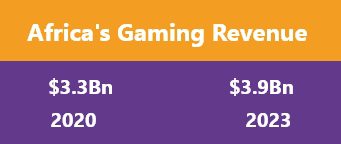
The African gaming market is poised for growth and those that can capitalize on this opportunity can dramatically improve their brand impact and revenue in the region.
With such booming in the African gaming industry, the game localization industry made a gain too!
To highlight those remarkable achievements, we’ve decided to explore with you success stories in the field of game localization from languages across Africa!
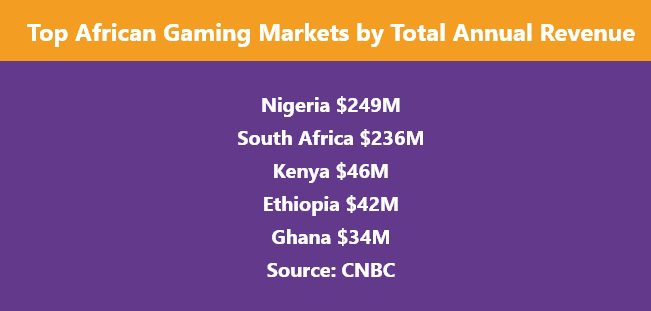
Want to know more about different levels of game localization?
Download this free white paper now!
►Arabic
Arabic-speaking countries in Africa have the lion’s share of gamers. In fact, Egypt alone has the highest number of gamers in the Middle East with 68% of the population in 2020.
► PUBG
PUBG is one of the most famous games in the world and is expected to have sold over 75-million copies in the Arab World by the end of 2021.
In addition to localizing the game, PUBG also localized its social media presence.
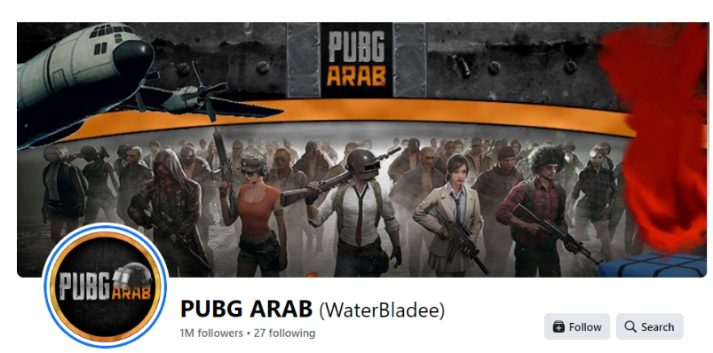
PUBG ARAB has emerged as the largest and most entertaining PUBG-related page with over 1 million followers. The page features an online gaming store and a verified educational blog, which remarkably improves the overall gaming experience.
► Free Fire
Free Fire is famous for integrating famous characters from countries where the game is localized in the gameplay. For example, Garena Free Fire released the Egyptian actor and singer Mohamed Ramadan as the first-ever playable in-game Arab character in a battle royale game.
This increased the game’s players in Egypt and the Arab World and gained the affection of a remarkable number of gamers who felt represented.

► Swahili, Afrikaans, and Zulu
In recent years, several famous games have been localized into Swahili, Afrikaans, and Zulu making such games more accessible to African gamers.
► Minecraft
Minecraft is one of the most famous games in the world and is played by over 140 million monthly active players.
The game’s open-world gameplay and creative mode have made it a favorite among gamers of all ages across the globe.
Minecraft was translated into Swahili and Zulu, gaining popularity across East and South Africa.
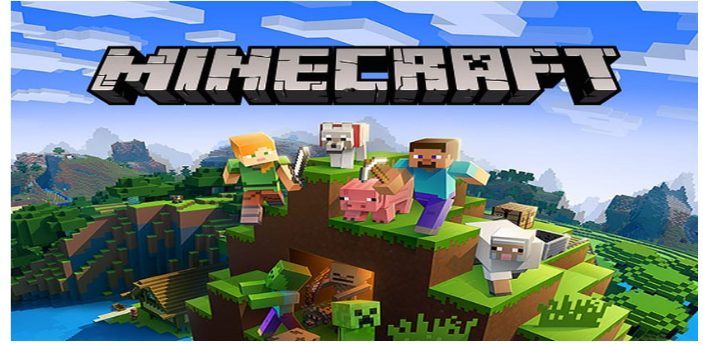
► FIFA
Being one of the most popular games in Africa, the soccer video game franchise was bound to be localized into African languages. It is currently available in Swahili and Afrikaans.
Since football is one of the most loved sports in Africa, the localization of FIFA into African languages has made the game more engaging and accessible to the wide audience of African e-footballers!
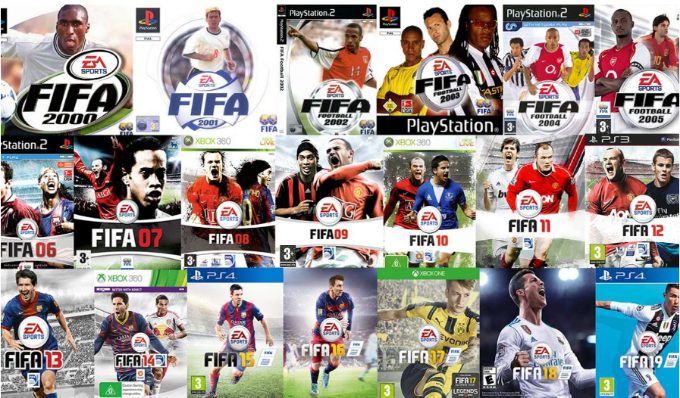
► Assassin’s Creed
Assassin’s Creed is a game series known for its rich cultural storytelling and immersive gameplay, so it’s no surprise that the game is inclusive of its African players!
The game is currently available in Swahili and Afrikaans, allowing African gamers to explore the game’s ancient cities, fight epic battles, and uncover hidden secrets in their native tongue, enhancing their gameplay and user experience.
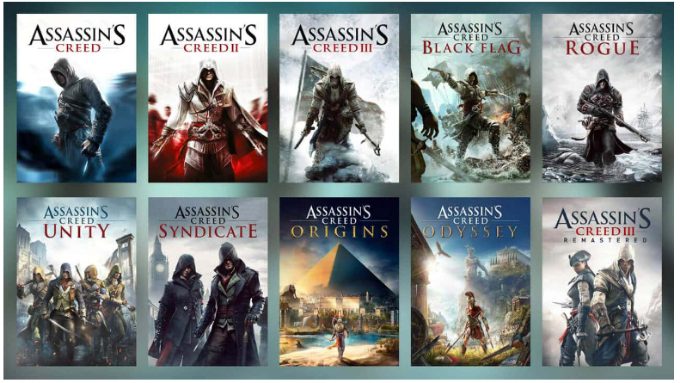
► Neno
Neno is a word search game that doesn’t only support African languages, but one that aims to introduce players to native African languages, capitalizing on the African gaming market growth.
The game currently supports several languages including Zulu and Swahili and is expected to add more African languages in the future.
The game supports English and is looking to expand into more European languages to encourage people to learn African languages, taking African game localization to a whole new level!
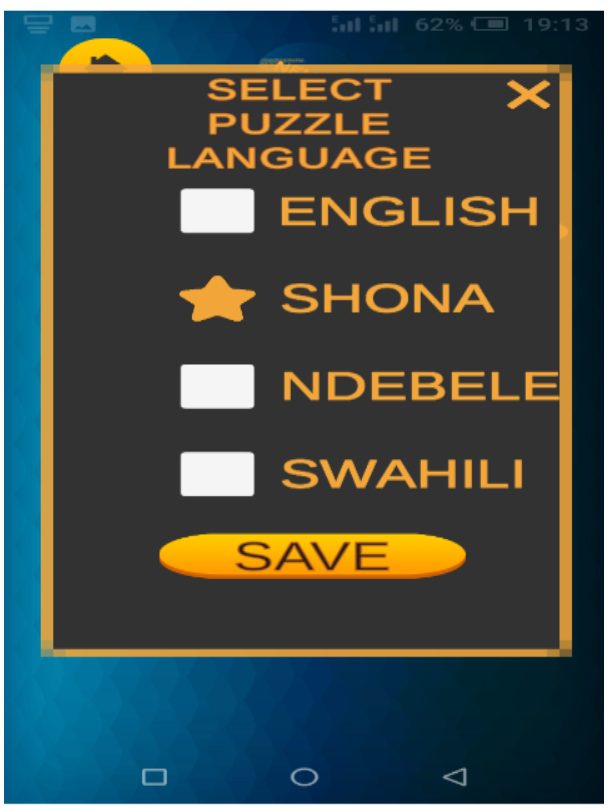
Sawatech: Your Expert Game Localization Agency
If you’re looking to localize your games into African languages, Sawatech is the ideal partner for you.
Based in the heart of Africa, Sawatech is an ISO-certified translation and localization company providing language solutions in 120+ languages, specializing in African ones. We offer a full range of African translation services across multiple industries, from gaming to life sciences.
Our multilingual team of games-savvy, cultural-oriented, and creative language specialists will provide you with game localization services that exceed your expectations!
Our game localization team is multidisciplinary and can take charge of your project from language localization to UI/UX localization and game testing.
We leverage quality and accuracy without compromising the creative essence of your video game while providing you with cost-effective prices and fast turnarounds.
We’re here to provide your African gamers with the authentic and engaging gaming experience that they crave.

